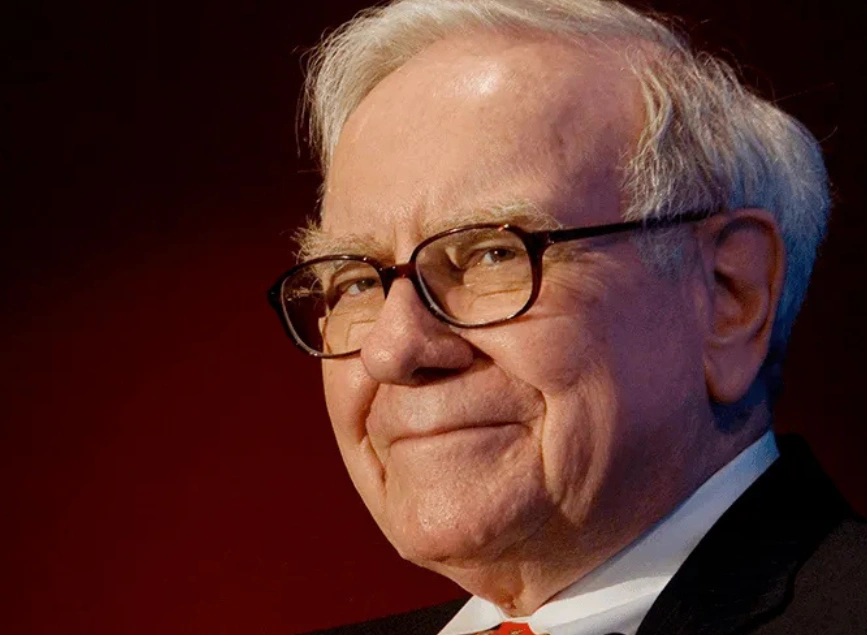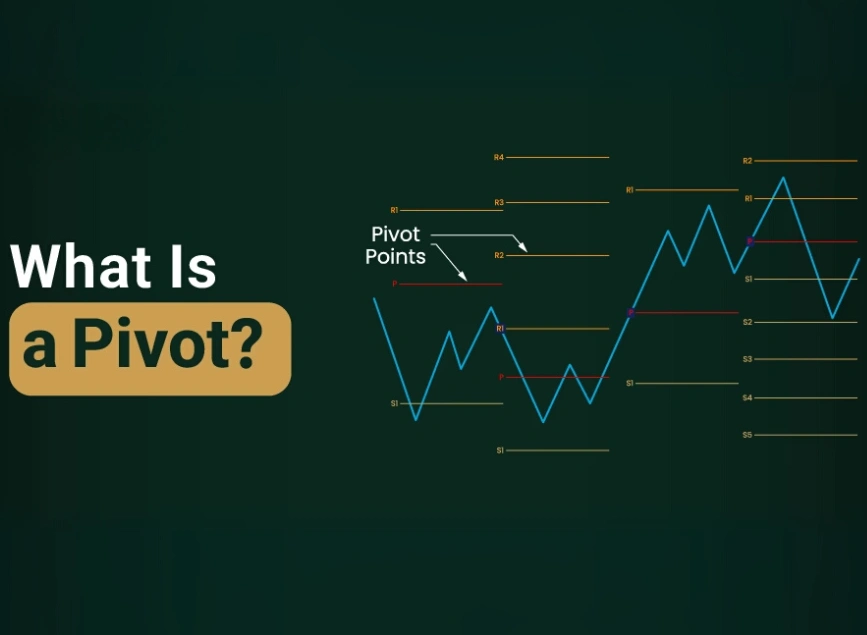
How Warren Buffett’s Investment Strategy Can Transform Your Portfolio
Estimated reading time: 4 minutes
Table of contents
Warren Buffett isn’t just one of the richest men alive, he’s a masterclass in patience, discipline, and clear thinking in investing. His renowned Warren Buffett investment strategy, with a net worth exceeding $100 billion, showcases how long-term success hasn’t come from chasing trends but from sticking to timeless principles.
So what makes Buffett’s approach stand out? And how can you apply it to your own investing journey, whether you’re new to the market or building your portfolio for retirement?
Let’s dive into the strategy behind the Oracle of Omaha’s legendary success.
What Is Warren Buffett’s Investment Strategy?
At the heart of Buffett’s approach is value investing—buying great businesses at fair prices and holding them for the long haul.
Here are the pillars of his philosophy:
1. Focus on Value, Not Hype
Buffett looks for companies whose intrinsic value is higher than their current stock price. He uses fundamental analysis to evaluate a company’s earnings, cash flow, debt, and long-term outlook.
💡 He loves companies with:
- A strong economic moat (like brand power or cost advantages)
- Steady and predictable cash flows
- Competent and ethical management
- Low debt and sustainable profits
2. Patience Over Panic
Buffett’s favorite holding period? “Forever.”
While many investors chase quick gains, he builds wealth by holding stocks for years, even decades. He famously held Coca-Cola and Apple for the long term, reaping massive returns.
“The stock market is designed to transfer money from the active to the patient.” – Warren Buffett
3. Don’t Over-Diversify
Unlike mutual funds with dozens of holdings, Buffett believes in concentrated investing.
“Diversification is protection against ignorance.”
He prefers knowing a few companies very well rather than spreading risk across many unknowns.
4. Buy When Others Are Scared
During market crashes (like 2008 and 2020), Buffett steps in to buy while others sell.
“Be fearful when others are greedy and greedy when others are fearful.”
He sees market fear as a buying opportunity, not a threat.
5. Think Like a Business Owner
Buffett doesn’t buy “stocks.” He buys businesses.
Before investing, he asks:
- Is the business model simple and understandable?
- Does it have a durable advantage?
- Is the leadership trustworthy?
He avoids noisy stock charts and focuses on business fundamentals.
Read More: Warren Buffett’s Advice for the Middle Class
📊 Buffett’s Favorite Metrics
| Metric | Why It Matters |
|---|---|
| P/E Ratio | Lower than industry average = undervalued |
| ROE (Return on Equity) | High ROE = efficient use of capital |
| Net Profit Margin | Shows consistent profitability |
| Debt-to-Equity | Low ratio = financially sound company |
Buffett’s Ethical Compass
Buffett avoids shady management or short-term schemes. He uses the “newspaper test”:
“Would I be comfortable if this action were reported on the front page of my local newspaper?”
Integrity is non-negotiable in his investments.
6. Keep Cash for Tough Times
Berkshire Hathaway always holds a large cash reserve—not out of fear, but to be ready to strike when opportunities appear.
7. Adapting Without Losing Core Principles
For years, Buffett avoided tech stocks. But after studying Apple’s loyalty-driven business model, he made it one of Berkshire’s largest holdings.
👉 The lesson? You can evolve while staying true to your values.
Key Takeaways from Warren Buffett’s Strategy
✅ Think long-term, not short-term.
✅ Focus on value and business fundamentals.
✅ Be patient—even when others panic.
✅ Understand what you invest in.
✅ Ethics and clarity matter more than hype.
What’s Buffett’s #1 Rule?
Buffett says:
“Rule No. 1: Never lose money. Rule No. 2: Never forget rule No. 1.”
Of course, no investment is risk-free. But through careful selection and a steady hand, you can reduce your chances of costly mistakes.
💬 What Do You Think?
Which Buffett principle do you follow or want to start using?
Do you think patience or analysis is more important?
👇 Share your thoughts in the comments! We’d love to hear your investing philosophy.
🔍 FAQ: Warren Buffett Strategy
Q1: Can beginners apply Buffett’s strategy?
Yes, start with understanding companies and focus on long-term investing, even with small amounts.
Q2: Does Buffett use technical analysis?
No. He focuses on fundamental analysis and the long-term business story.
Q3: What does Buffett think of Bitcoin or crypto?
He has been a strong critic, calling crypto a speculative asset with no intrinsic value.
Q4: What books should I read to learn more?
Start with The Intelligent Investor by Benjamin Graham and Buffettology by Mary Buffett.
Share
Hot topics

Best broker for gold trading
There’s always been a certain magic about gold. Before online charts and trading applications, people stored their wealth in coins and bars, trusting that gold would retain its value during...
Read more




Submit comment
Your email address will not be published. Required fields are marked *